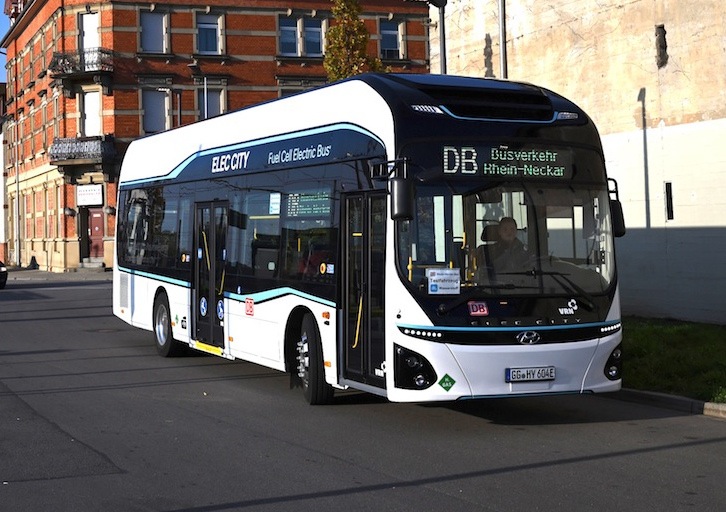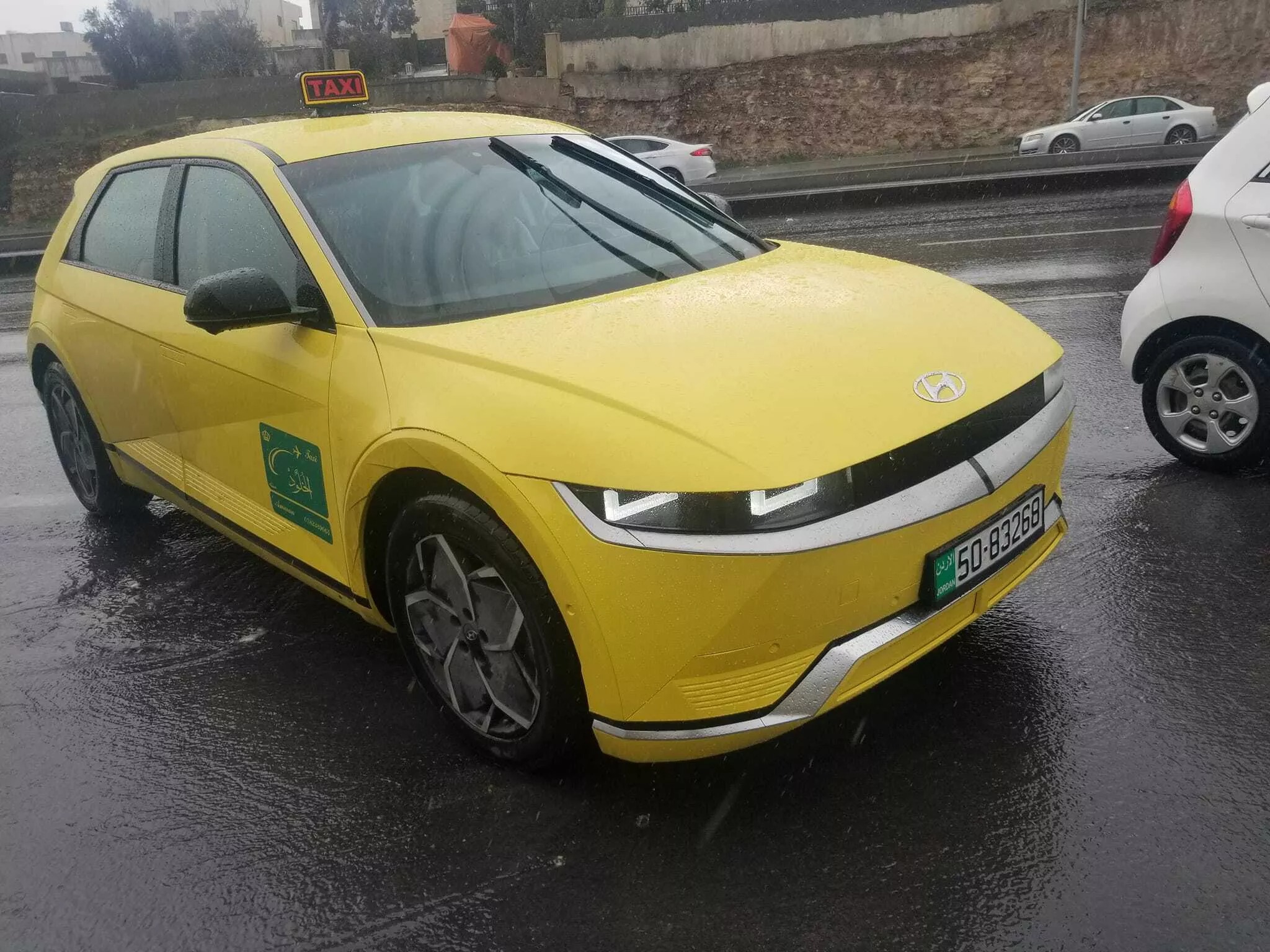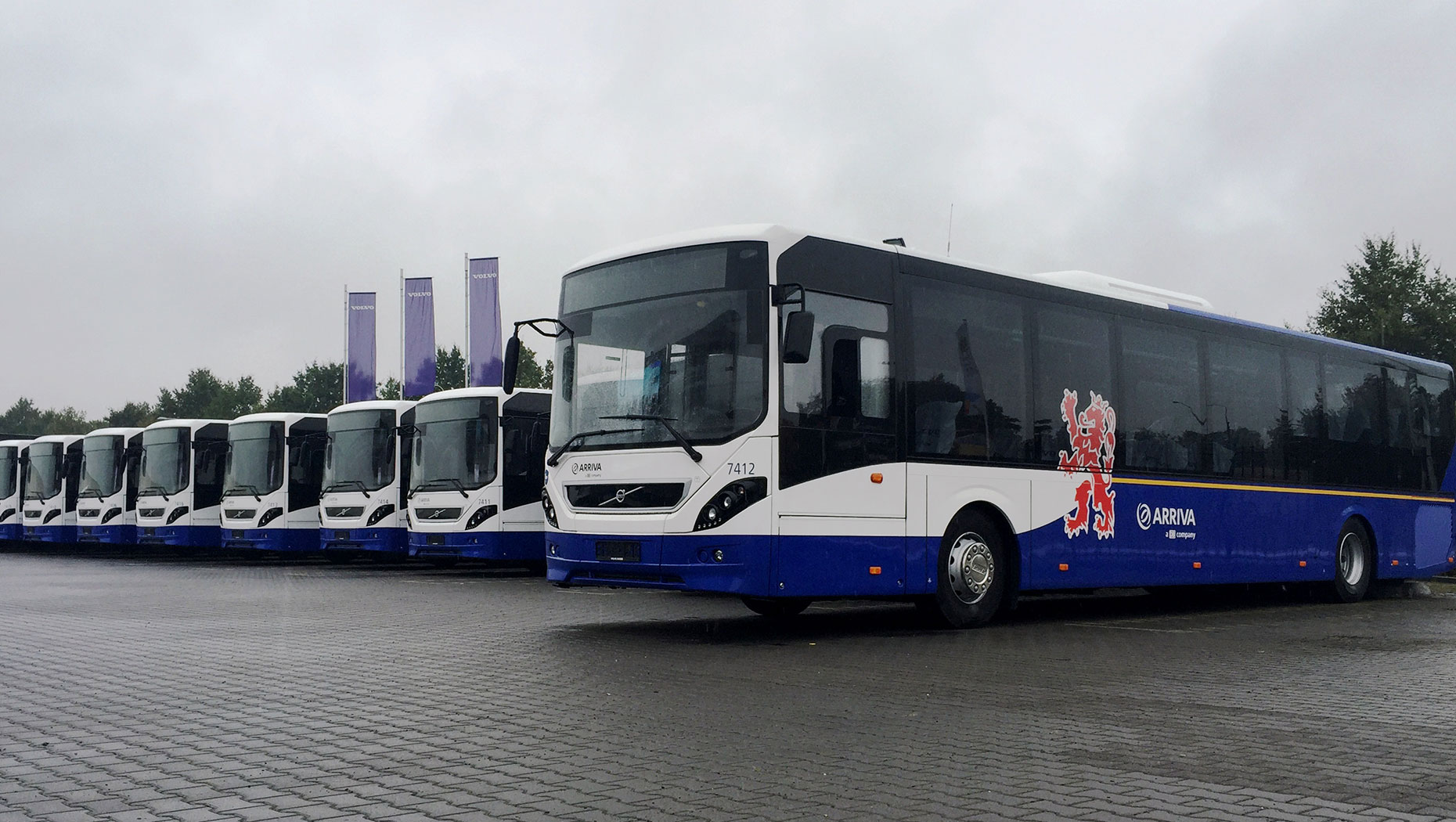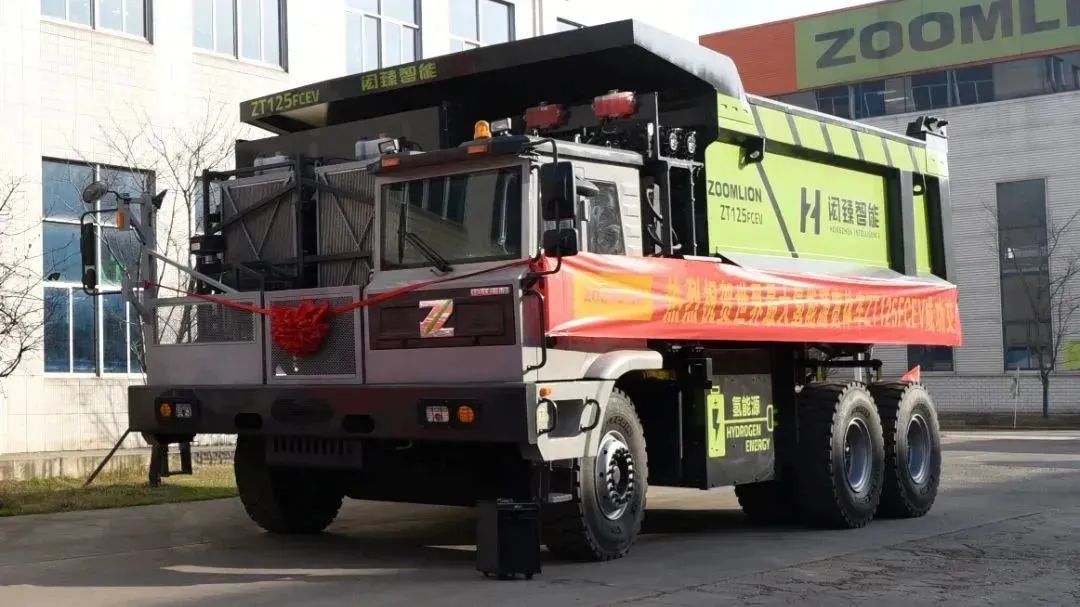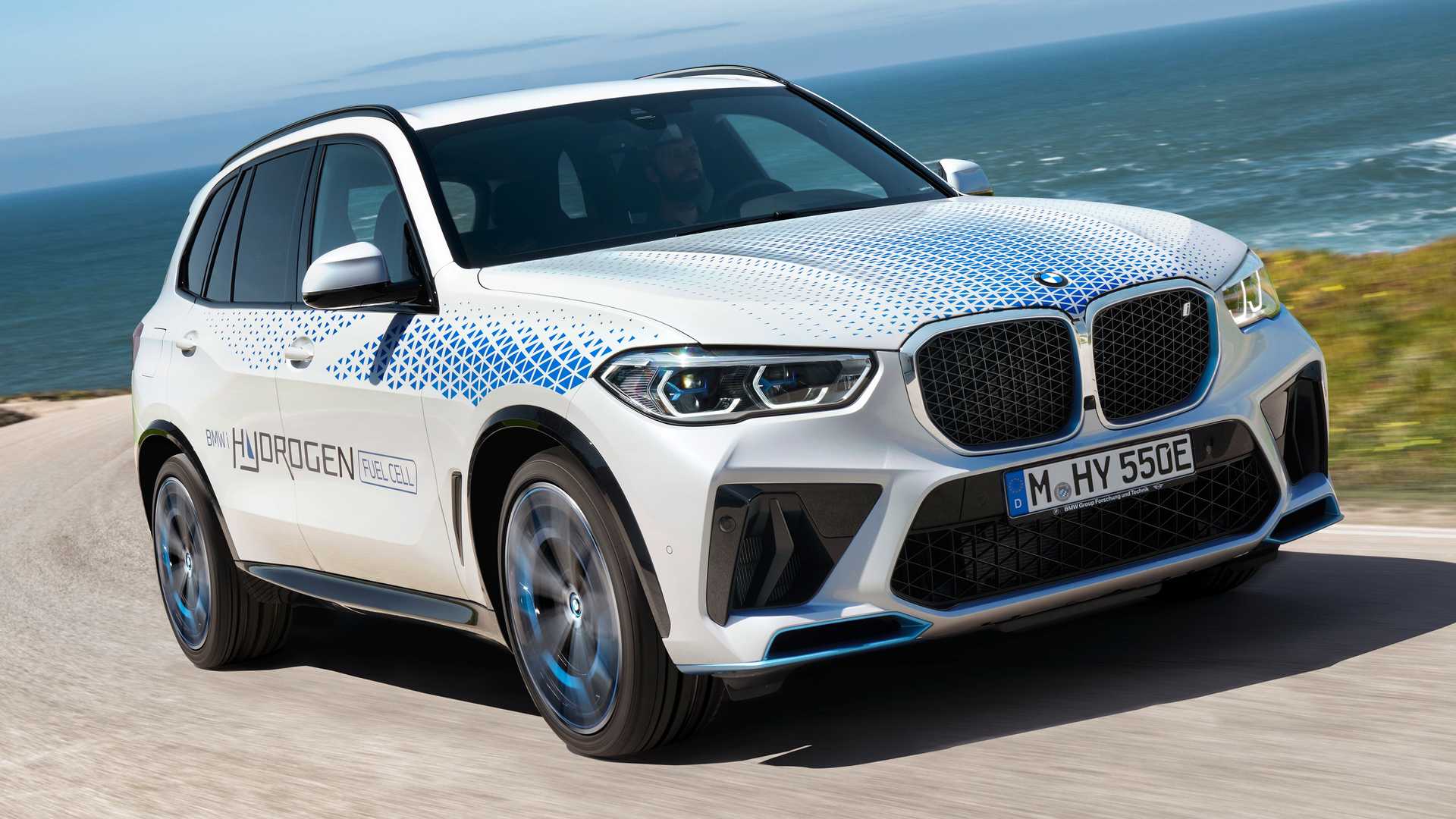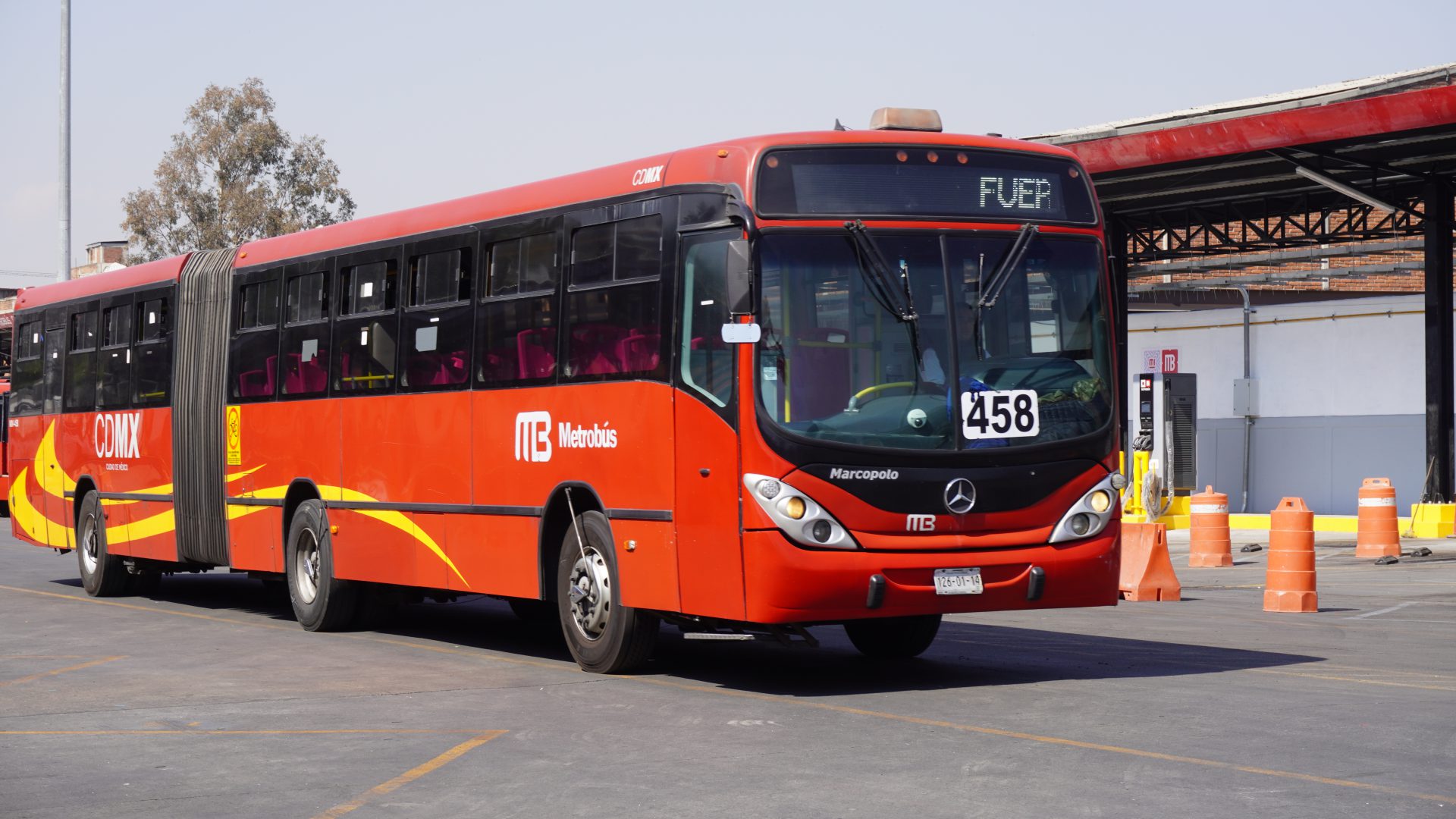Incheon, a city in South Korea near the capital of Seoul, is making significant strides towards sustainability by planning to introduce 700 fuel-cell buses by the end of 2024. This project is a collaborative effort between the South Korean Ministries of Environment and Transport, the Incheon Municipal Government, Hyundai Motor, and SK E&S. Hyundai will supply the vehicles for this large-scale initiative, and SK E&S, an energy specialist under the SK Group, will set up hydrogen filling stations and provide liquid hydrogen.
The buses are expected to be models of the Hyundai Elec City Fuel Cell type, which has already been in use in South Korea since 2019. The bus model comes equipped with a 180-kW fuel cell system that comprises two 90-kW fuel cells with a hydrogen diffusion layer and an electrolyte membrane. The hydrogen is stored in an 845-litre tank, and the bus also has a 78.4 kWh battery. The range of the bus is an impressive 500 kilometres.
See also: All Hyundai Commercial Vehicles Will Get Hydrogen Variants in 2028
Incheon currently has six hydrogen filling stations, with plans to build eight more by the end of the year. SK E&S is also planning to build a hydrogen production plant in Incheon that will have an annual production capacity of 30,000 tonnes, set to launch by the end of 2023.
SK Plug Hyverse, a subsidiary of SK E&S, is involved in building hydrogen refuelling stations in Incheon. The company has reached an agreement with the Korean Ministry of Transport, Incheon Municipal Government, Incheon International Airport, and Korea Gas Technology for a significant investment to build hydrogen refuelling infrastructure at a bus depot at the airport by 2024. This project is part of SK Plug Hyverse’s larger plan to build approximately 40 hydrogen refuelling stations in Korea.
The roll-out of H2 buses is not just limited to Incheon. Other cities in South Korea, such as Busan, Ulsan, and South Gyeongsang Province, are set to introduce another 624 H2 buses by 2025. Additionally, a hydrogen infrastructure is being built on the island of Jeju, which aims to operate 1,700 fuel cell vehicles by 2030.
See also: Daimler Truck testing new fuel-cell truck prototype with liquid hydrogen
This ambitious plan is being subsidized by the ministries involved and is promised improvements to regulations to facilitate the use of fuel-cell buses. The project is an exciting development towards sustainable transportation in South Korea and a great example of private and public partnerships towards a common goal of reducing carbon emissions.

